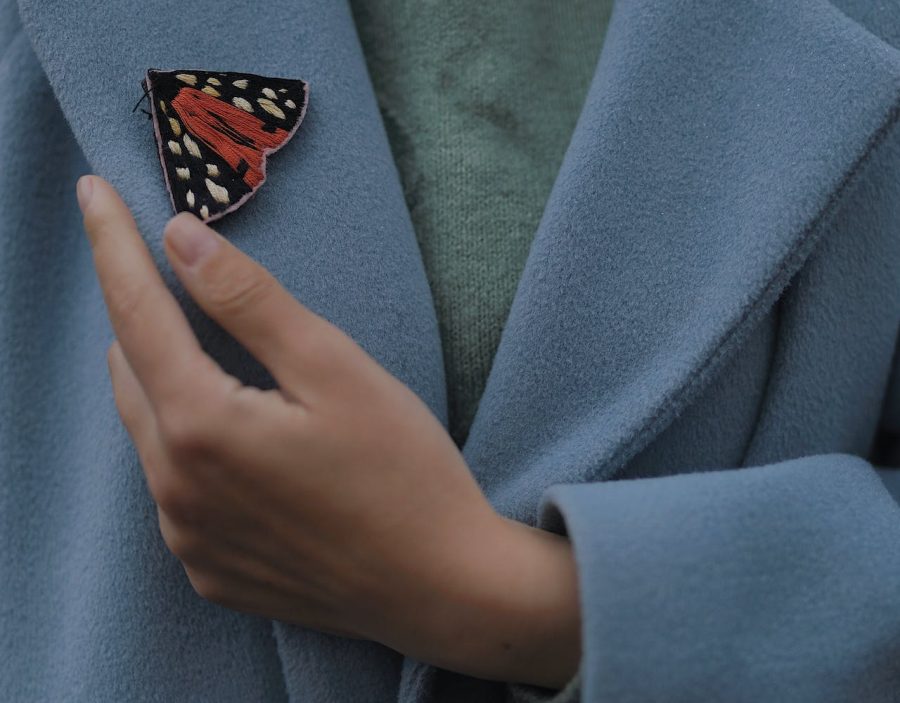A new wearable device called the AI Pin aims to free people from smartphone addiction through artificial intelligence. Developed by tech startup Humane after five years and $240 million in funding. The large lapel-sized gadget can be controlled through voice, touch, or by projecting a laser interface onto the user’s hand.
The AI Pin relies on natural language AI to have free-flowing conversations
According to a recent New York Times report, the AI Pin relies on natural language AI to have free-flowing conversations without users having to provide explicit context between questions. Unlike other voice assistants, it can also edit single words in dictated messages rather than making people dictate entire texts to fix errors. The pin can send texts, play music, take wide-angle photos, make calls, and translate conversations in real-time.
The AI Pin has a “trust light” that blinks when recording to address privacy concerns around always-listening devices. Humane claims it does not sell or use customer data for training its AI models.
Will the tiny AI pin replace your smartphone?
Humane was founded by former Apple executives Imran Chaudhri and Bethany Bongiorno, who want to recreate the usefulness of smartphones without addictive components like endless social media scrolling and distraction from notifications.
The pin will cost $699 plus a $24 monthly wireless plan fee when it launches next year, with an expected first-year sales target of 100,000 units. While that may seem niche, Apple only sold 381,000 iPods in the year after its 2001 launch, which sparked the later smartphone revolution.
Humane has an enviable pre-product valuation
Investors see potential in AI wearables, with Humane already reaching a valuation of $850 million pre-product. Supporters dismiss skepticism by pointing to the first iPod’s singular use for music that enabled later innovation. Similarly, Humane envisions the AI Pin as a platform for developers to build an ecosystem of features for its operating system, like the App Store.
However, even Humane’s founders still rely heavily on their smartphones as the AI Pin lacks specific features like video recording, object recognition, and playing videos. Basic capabilities like sending texts can be glitchy in demos. It remains to be seen if consumers will embrace ditching touchscreens to control technology through speaking aloud and lasers.
But Humane believes the AI Pin represents the next evolution in human-computer interaction, even with an initial learning curve. The device may one day reduce reliance on distracting screens, but it must first prove its standalone usefulness.
Featured Image Credit: Photo by Nida Kurt; Pexels; Thank you!


















